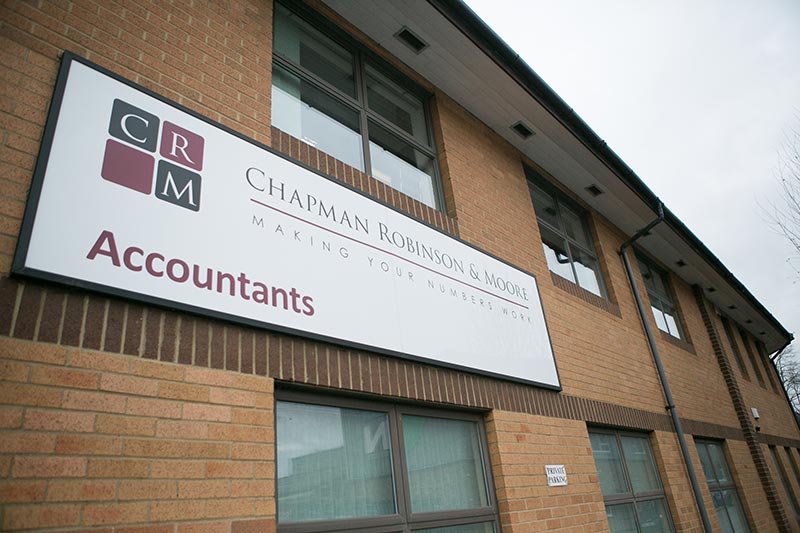Myths about tax are adding to an already confusing tax system, the Institute of Chartered Accountants in England & Wales (ICAEW) has claimed.
As taxpayers prepare tax returns to meet the 30 September deadline, the last opportunity for sending tax returns back to HMRC in order for them to calculate tax on an individual’s behalf, the ICAEW published advice to separate fact from fiction.
Anita Monteith, technical manager at the ICAEW tax faculty, said: “It is important that basic myths are unravelled so that people have a correct knowledge of their tax position in the run up to the 30 September deadline.”
Among the myths “uncovered” by the institute were:
Money kept overseas is not taxable
For most people living in the UK it is taxable. It doesn’t matter if you leave the money in Jersey , for example, and never touch it, you must still pay income tax on any interest. However, if you are not both UK resident and domiciled then the position may be different and you may need to seek further professional advice. HMRC are looking much more closely at overseas bank accounts.
Children are not taxable
It doesn’t matter how old you are, even babies are taxable if they have income. For most children, there won’t be any tax to pay since the personal allowance of £4,895 for 2005/06, or £5,035 for 2006/07, allows each person this much income before they start paying tax. Please note that where income derives from gifts from the child’s parents, then this is still taxed as the parent’s income if it exceeds £100 in the tax year.
Students are not taxable in their first year at university
Students who earn more than the personal allowance have to pay tax. Employers will usually ask student employees working in the holidays to sign a form P38S so they can pay their wages gross so long as earnings remain under the personal allowance.
Give money to your children and escape tax on the interest it earns
If a parent gives money to a child then if the interest earned exceeds £100, it is treated as being the parent’s income and not the child’s. Interestingly though, a grandparent can give away money without the same problem occurring. Watch out for inheritance tax (IHT) though; some gifts will be exempt, but larger amounts may create an IHT problem.
The Inland Revenue always get your tax code right
Certainly not. Even assuming that information you have given is correct it can be easily lost amongst the millions of other PAYE codes. Make sure that any benefits that you get from your employer have been valued correctly (look at the Form P11D given out before 6 July 2006). Check that the suffix (the letter after your numerical code number) is right for your circumstances (look at the leaflet which came with it); the letters BR for someone who only has one job should ring alarm bells since this may mean that you are paying basic rate tax (22%) on all of your income and that you aren’t getting any benefit for the personal allowance mentioned above. ICAEW said a number of Chartered Accountants have informed it of clients whose PAYE codes have being incorrectly issued earlier this year.
If you have overpaid tax you can always rely on the Revenue to pay it back
If you have overpaid tax under the PAYE system and have no other income, then it should happen automatically. Often though the position will be more complicated and you will have to ask for the tax back, either by completing a tax return or by completing a repayment form (R40). Investment income is taxed at a different rate to earnings, so it is always worth checking the tax you have paid at the end of the year. Pensioners are particularly liable to be caught out and overpay tax as they may have several sources of small amounts of pensions and interest income.
If you let a room to a lodger income is not taxable
All income from letting is taxable, but to encourage people to let a room in their home, income of up to £4,250 is exempt under the rent-a-room scheme.
State pension is not taxable
The state pension is taxable, but is always paid gross. If you have no income apart from the state pension, then since for a single person it is below the level of the personal allowance, no tax is due. If you do have other income, such as an occupational pension, then you will probably find that your tax code has been adjusted for the state pension – if not, you may not have paid the correct amount of tax.
If you only ever work for cash you don’t need to pay tax
HMRC devote significant resources to tracking money in the black economy and even small one-person businesses are interesting to them. It is your responsibility to keep records of your financial affairs and to declare your income. There are penalties for cheating and you may even go to prison. If you have made a mistake then you should seek proper professional advice to minimise the effects of the consequences.

